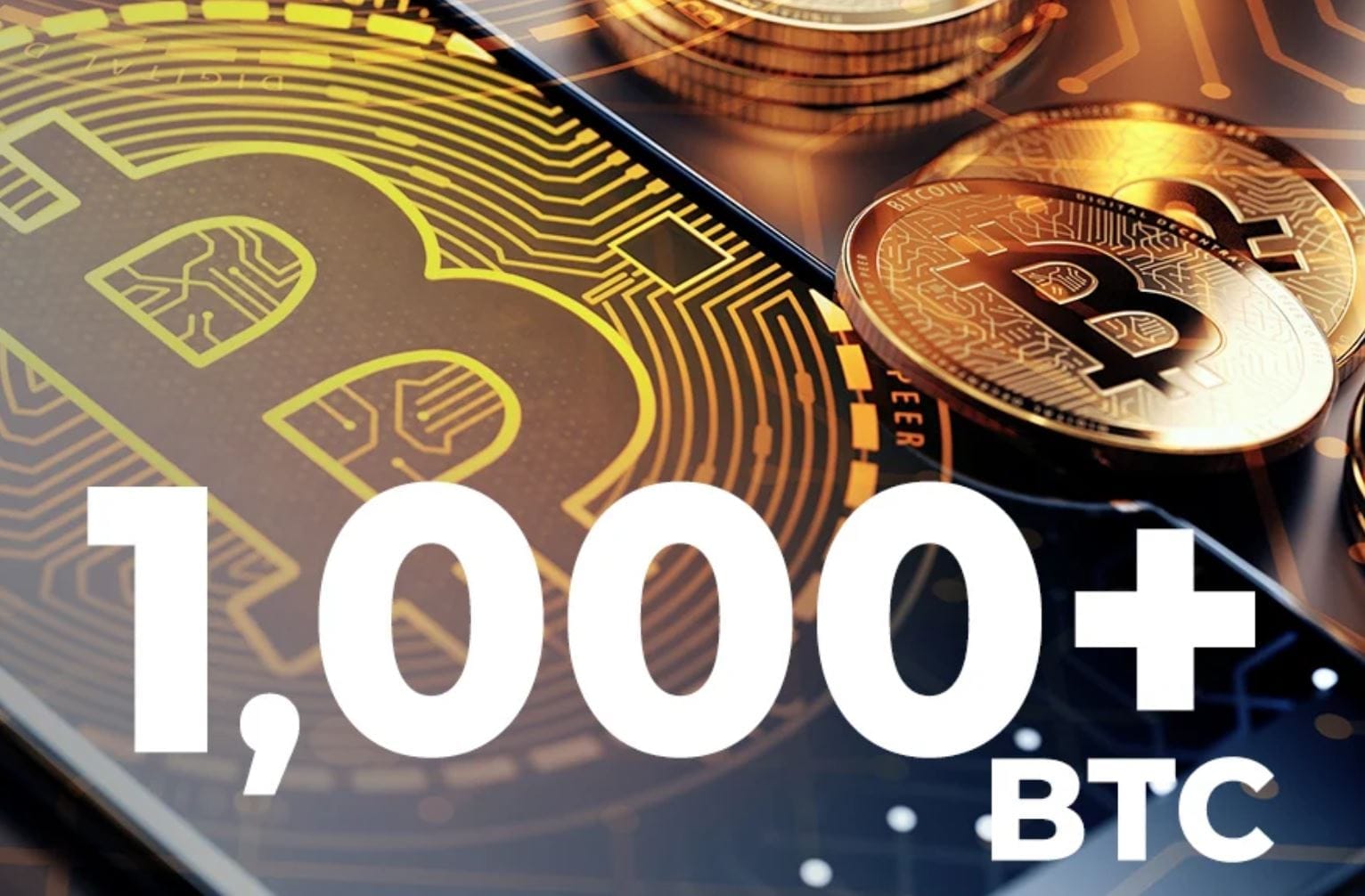To show how large the numerical range of private keys is (or maybe just for fun), someone created a "puzzle" in 2015 where they selected keys in a certain smaller range and sent increasing amounts to each of those 256 keys, something like this:
2^0 ≤ random key < 2^1 - 0.001 BTC
2^1 ≤ random key < 2^2 - 0.002 BTC
2^3 ≤ random key < 2^3 - 0.003 BTC
...
2^225 ≤ random key < 2^256 - 0.256 BTC
In 2017, the reward of the most difficult puzzles #161 - #256 were distributed among the easier ones, thus increasing the prize money.
In 2019, outgoing transactions were sent by the creator of the puzzle with the value of 1000 Satoshi for addresses #65, #70, #75, #80, #85, #90, #95, #100, #105, #110, #115, #120, #125, #130, #135, #140, #145, #150, #155, #160 to see if it is easier to crack the private key. The first 65 and #70, #75, #80, #85, #90, #95, #100, #105, #110, #115, #120, #125 private keys have already been cracked. In fact, the addresses with transcations up to #130 have been solved because certain algorithms can calculate the private key more easily with the signed message in the blockchain.
In 2023, an unknown person increased the sum of the prize money by a factor of 10. The prize for puzzle #66 is 6.6 BTC, for puzzle #67 6.7 BTC and so on... the prize for puzzle no. 160 is 16 BTC.
To solve the puzzle, the specific number range for private keys is searched and each private key is checked to match with the public key. The narrower the number range, the greater the chance of finding the private key. Currently, it makes the most sense to focus on solving puzzle no. 66.
To automate this process, there are tools and also a private pool to increase the chance of finding the private key for the 66 bit puzzle. Any CPU or GPU can participate - although GPUs are much faster due to their architecture.
The pool uses ranges each comprising 1,099,511,627,776 keys. My RTX 3070 GPU takes about 15 minutes per range. Slower GPUs may need an hour or more.
The range is randomly generated by the server and as a proof-of-work, a randomly generated address is searched simultaneously to confirm that the range has been successfully processed.
When the solution to the current prize of 6.6 BTC (13zb1hQbWVsc2S7ZTZnP2G4andNNpdh5so) is found, the reward is determined based on the number of ranges completed.
Current progress of the pool:
Checked ranges: 3,021,211 of 3,871,352 - corresponds to 11.537528% or 1 in 9
Number of keys checked: 4,256.59654 Quadrillion
Probability at current speed: 1 in 1119 days or 1 in 3 years
The more participants, the higher the probability of a hit!
Do you also have unused computing power?
You can join the pool here!
Here you find the telegram channel for help to get started.

Sinautoshi
#Bitcoin only - #GetOnZero - united we fix the money (supply to 21M BTC)




Related Posts
Mapping Stats on Bitcoin Professional Frontier
Jan 27, 2026
New Year's greeting 2026: 12k-Basti and the last Fiat illusion
Jan 02, 2026
The plebs who make Bitcoin shine
Dec 28, 2025